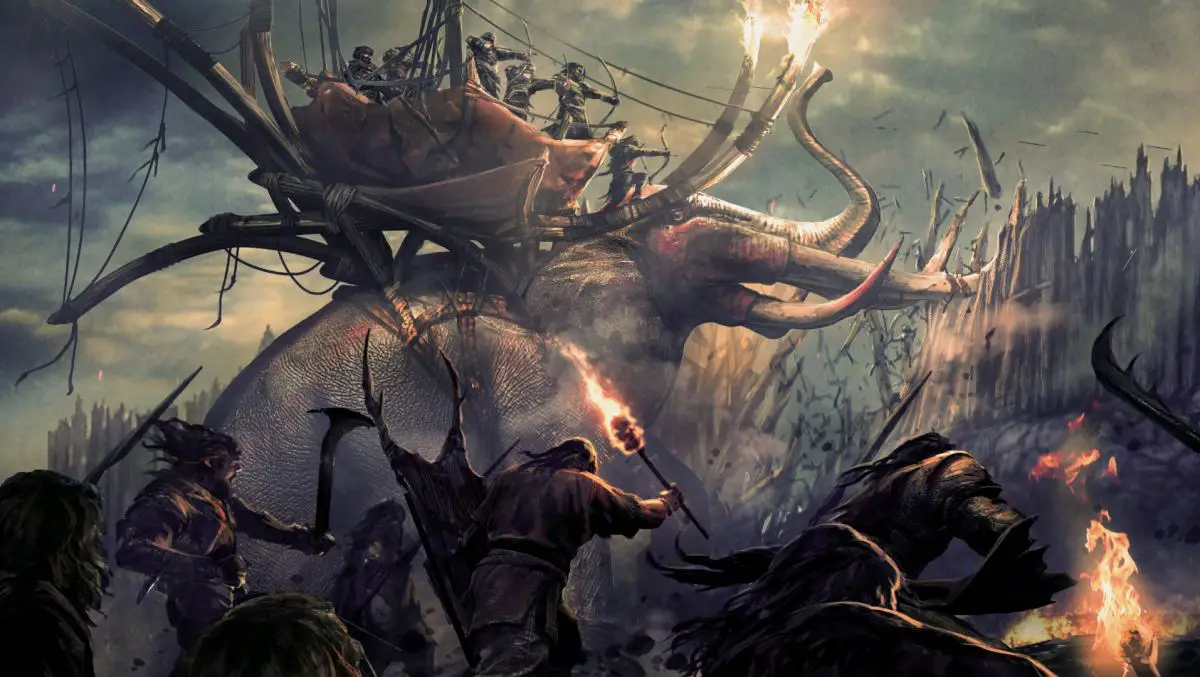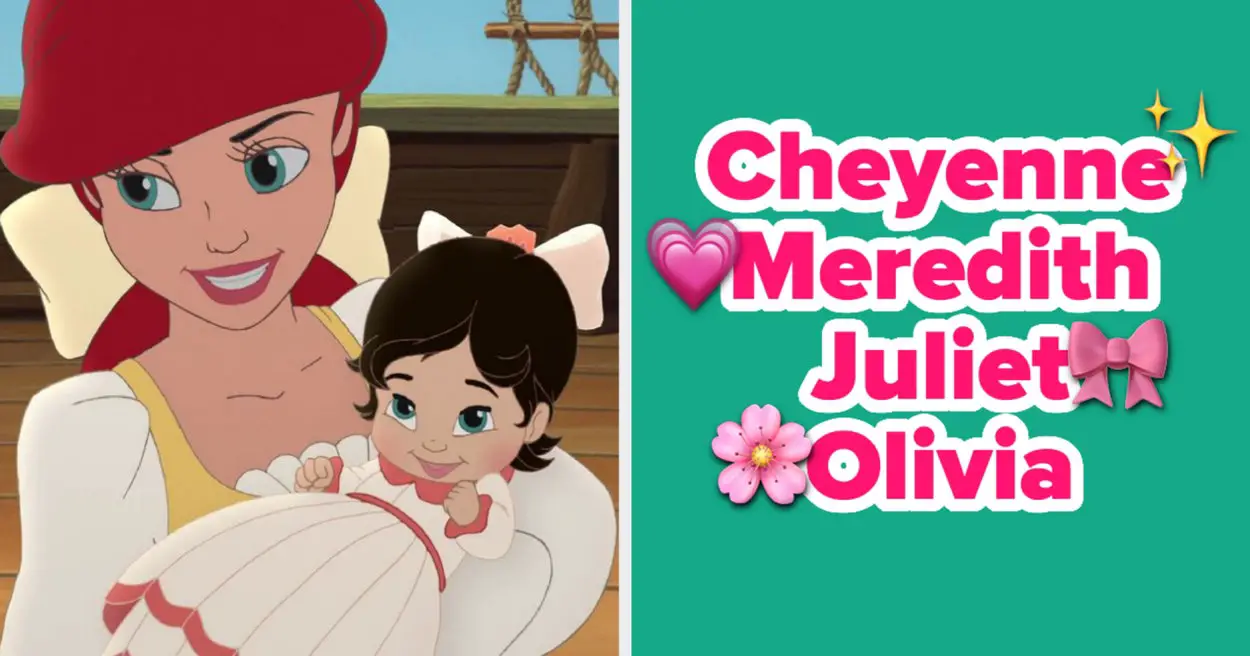Where is the line between lying and living by faith? When is deception an expression of aspiration, and fakery, of hope? Although these things are at opposite ends of the moral spectrum, on the surface, they can sometimes look alike. After all, as the writer of Hebrews said, “faith is confidence in what we hope for and assurance about what we do not see,” which means that, to the outside eye, words and acts of faith may look like they’re based on lies, or at least self-deception. So, when is faith delusional, and when is it the very thing we must cling to in order to see reality—and ourselves—transform? What makes an act faithful rather than deceptive? The story of Ai Hoshino in Oshi no Ko’s feature-length premiere episode speaks to this question. And although it cannot offer a pat answer, it does highlight that things are not always as they seem, while showing us vividly why it is that there is grace for the liar.
Note: This post completely spoils the premiere, which adapts the entirety of volume 1 of the manga. You have been warned!
Ai Hoshino had a rough upbringing, if she can be said to have had one at all. It’s more like she brought herself up, and she did so by building walls, thick and fast, around her heart and mind. Raised initially by a physically abusive single mother, Ai had already been abandoned for some time to a group home when, at the age of twelve, Ichigo Saitou scouted her. She had already learned to plaster a smile on her face as well—though it failed to reach her eyes at times—and adopt a bright, cheerful manner, saying whatever fits the situation in order to meet people’s expectations; plastering over the pain and confusion to ensure that no one could see her vulnerability—not even herself. You can’t be hurt again if you never let anyone in, right?
But the problem was that Ai did want to let people in, or at least, she wanted to love. She longed to love genuinely, from the bottom of her heart. To say those three little words and mean them. But she knew she couldn’t. So she turned Ichigo down, telling him clearly that she could never be an idol because she could never honestly shout out to a roiling sea of fans that she loved them. Ai is brutally honest, with herself and with Ichigo.
But then Ichigo says something that changes both of their lives: “Lying is fine…It’s all good. Go on and lie up a storm!” This possibility had never dawned on Ai before, the option to deceive, to fake it. And so Ai commits to a cynical life of deception and heads down the path of narcissism.
Or does she?
It would be easy to call Ichigo a snake in the grass here, to point out that he essentially plays the role of “father of lies” in Ai’s life, corrupting her for his own ends, to build up his agency. And perhaps that is what he intended—then again, maybe not. Future episodes may tell. Regardless of his motivations, this is not at all how it plays out from Ai’s perspective. Instead, what Ichigo offers her is not a way of cheating in order to get what she longs for, but rather a sweet reprieve from judgment and condemnation, and the lifting of a burden.

Because that’s actually what has been going on in her heart. This tender child—for that is what she is at the time—had taken on self-recrimination for the trauma that she suffered, as is sadly so often the case with childhood abuse. Ai was absolutely justified in not committing her heart easily to others, in remaining numb to her emotions in order to keep herself safe. The repeated betrayal of her only family member confirmed that. But Ai did not understand where it was that her hard heart came from, and instead, she thought herself to be defective, incapable of doing the one thing that a human being should be able to do: love. She was ashamed of herself, which doubtless reinforced in her the kinds of behaviors that kept people out, in turn proving that indeed, she could not love. She was caught up in a vicious circle of guarding her heart, and then condemning herself for not being able to let down her guard.
But Ichigo’s words that day offered a way out: they took the pressure off of Ai to become in an instant someone who loved and could express that oh-so-vulnerable emotion readily. Instead, he offered her a journey: “Isn’t the truth that you actually do want to love people?” he asks, “It’s just that you don’t know how.” And then Ichigo gifts Ai with hope: “As you continue saying ‘I love all of you’, the lie might become the truth.” As I’ve written about before, the difference between hope and wishful thinking is a sense of what next step can be taken toward the desired aim, and the conviction that you are capable of carrying it out, somehow or other. Until this conversation, Ai had no hope of ever loving truly because she did not know where to begin and did not believe herself able to achieve it. What Ichigo does here is to set before her feet the first stepping stone toward becoming the person she wants to be: someone who loves.
Ichigo’s words gave Ai permission to be in process, to begin a journey. They gave her the grace not to be perfect, right and true from the outset. And in this, they remind me of what Jesus said to the Samaritan woman at the well. This story plays out in John 4 and is one of the most radical stories in the entire Bible. It features a woman “with a past” who is even then “living in sin,” that is, living with a man who is not her husband. When Jesus asks her to go get her husband, she replies rather cannily that she has no husband. Technically, that’s true. But in reality, she’s attempting to deceive Jesus. But here’s the thing: rather than condemn her for dissembling, Jesus affirms her! He replies, “You are right when you say you have no husband. The fact is, you have had five husbands, and the man you now have is not your husband. What you have just said is quite true.” Yes, he points out the whole truth of the situation, but as he does, Jesus twice—twice!—affirms her. He does not accuse her saying, “you are lying” or “you are a liar.” He does not shut the door on her or shut her down. Instead, Jesus places before her a stepping stone: opening up to her a path to a new way of thinking, being, and living. By telling her he knew her full life story and yet still chose to speak with her even after her attempted deception, Jesus was telling the woman that there was a way forward for her, a way of life where she was not defined by her past and the failings of her present; she had somewhere she could yet go, someone she could yet follow into abundant life. And so, before he revealed his true identity to anyone else, Jesus told this woman who he really was, the Messiah. She became the first evangelist of the New Testament and kicked off the largest revival of Jesus’ earthly ministry. Talk about grace!
This is the grace of process, the grace of the journey. Jesus took the pressure off the Samaritan woman to get it right and be righteous straight away. He opened up a path before her, which she could choose to take by continuing and deepening her conversation with him, or not to take, by fleeing in shame or anger. She took it. And so does Ai.
Ai’s process takes a lot longer than that of the Samaritan woman. For eight years, she essentially lives by the dictum of “fake it till you make it,” but for Ai, making it isn’t gaining fame and fortune. In fact, while others celebrate her success, she just plays along. It’s not the dome gigs or the film roles that move her heart. Making it, to Ai, means becoming someone who can live up to her own name, which means love. Ai lies in pursuit of genuine transformation, so that she might one day say it and mean it, and thus become whole.
And wondrously, tragically, she achieves her desire. With her dying breath, she takes the risk and says those beautiful terrifying words to her children, and discovers that she means it. Somewhere along the way, she overcame her greatest fear about herself and learned to love. Selah.
But there’s more. It is not just to her children that Ai is at last able to express her love; it’s her fans too, and even—in what is nothing short of the most selfless love of all—her murderer. Because you see, she remembers his name. And Ai doesn’t remember names, not even her own manager’s! But she does now. She looks her killer in the eye and discovers that she recognizes him, she knows him—knows that he is the one who came to the meet and greets, the one who gave her the star sand that she delighted in with Aqua and Ruby. And in her final moments, she finds that she has appreciated him and felt affection for him and her fans this whole time, and most shocking of all, that she can still express it even after what he’s done to her. Ai’s confession of love for her children is heartbreaking, but her affection for her fan is the evidence of a profound transformation in her and a great healing of her heart. The grace she shows in her final moments is astounding, and it was made possible by the grace she herself was granted and learned to give herself as she struggled to love these past eight years.
So when is a lie living by faith? Living in hope of what you can become, of how you can be different and how reality can transform? I think Ai was living by faith. The problem was that, like the Samaritan woman, she did not know what she had faith in, not really, and so it took her too long to take that bold final step along the way, that final leap to discover that she had healed, that her heart had changed, and it was safe for her to love. I wish she had discovered it sooner and been able to take joy in who she had become.
What then should we take away from Ai’s story—the story of a liar who learned to love? Again, I’m reminded of scripture—two passages that seem to be at odds. The first comes from Paul, “It is true that some preach Christ out of envy and rivalry, but others out of goodwill. … But what does it matter? The important thing is that in every way, whether from false motives or true, Christ is preached. And because of this I rejoice.” (Philippians 1:15 &18) And the second, from Jesus, “Not everyone who says to me, ‘Lord, Lord,’ will enter the kingdom of heaven, but only the one who does the will of my Father who is in heaven. Many will say to me on that day [the day of judgment], ‘Lord, Lord, did we not prophesy in your name and in your name drive out demons and in your name perform many miracles?’ Then I will tell them plainly, ‘I never knew you. Away from me, you evildoers!’” (Matthew 7:21-23) In the first passage, Paul says that the motivations don’t matter, it’s the outcome that is key; but in the second, Jesus makes it clear that motivations do matter, more so than the outcome. So which one is it?
It’s both. But each has its time and place. Paul is talking about how we, as regular people, must respond when we’re suspicious about someone’s motivations: don’t focus on it. Extend grace. Celebrate the end result. Jesus, in contrast, is speaking about how he will respond on the last day, as the one who sees the whole picture and judges the hearts of all people. It is for God to discern the heart. And the reason why, is because of stories like Ai’s: stories of people who begin their journey for the wrong reasons, or in the wrong frame of mind; stories of people who, wounded and limping and hard of heart, can’t start from the right place, but just have to start somewhere.
That’s what Ai did: she started. And look how far she came! That’s what we must do too. And in the meantime, as we press toward who we want to become, we are called to extend grace to the liar, whether that be someone else or ourselves. We are called to leave room for the heart to transform, and leave the judgment to God. It is by grace that our broken walk turns into a life of faith.
Oshi no Ko is streaming on HiDIVE. It’s really worth watching!











Leave a Reply